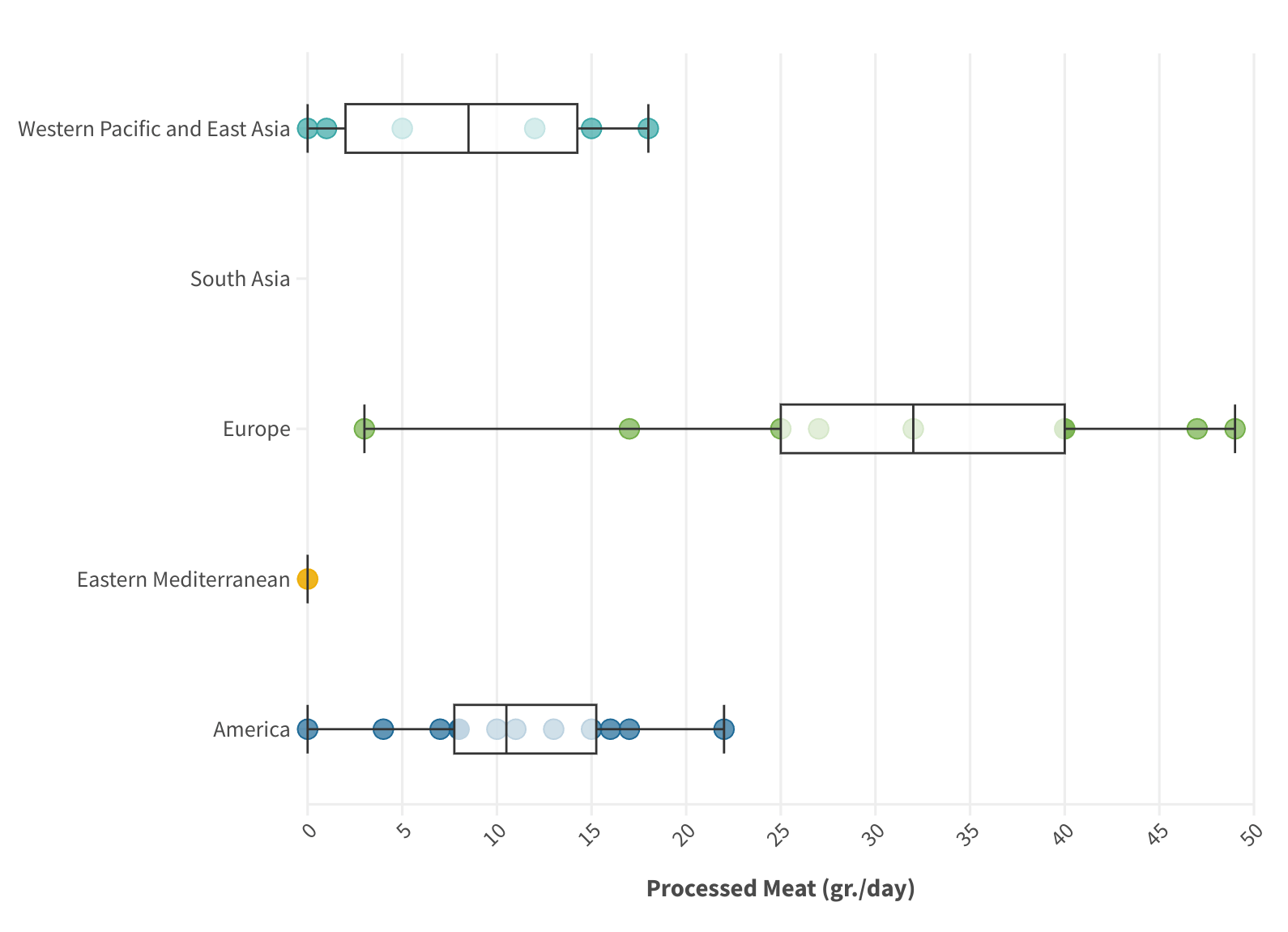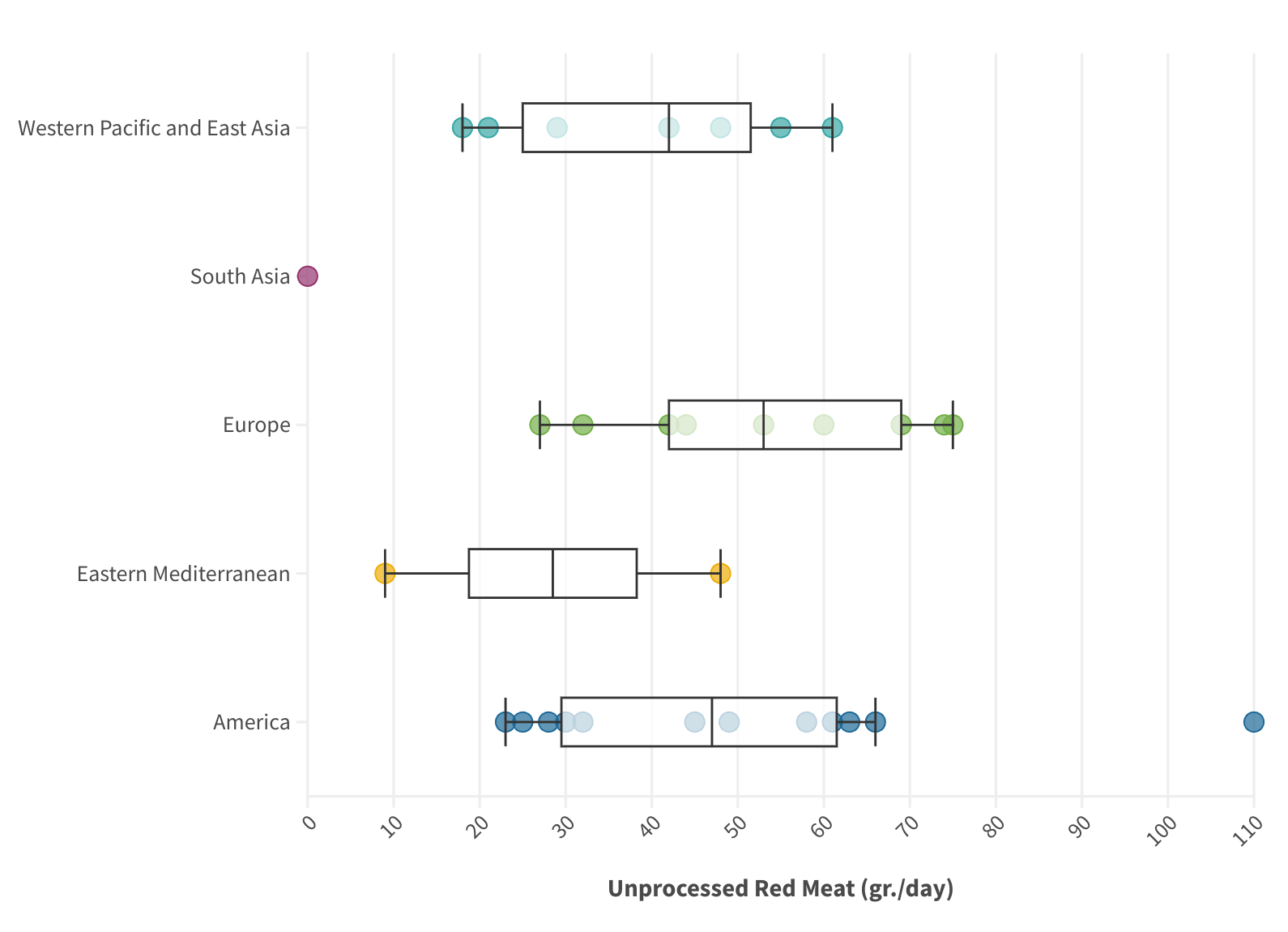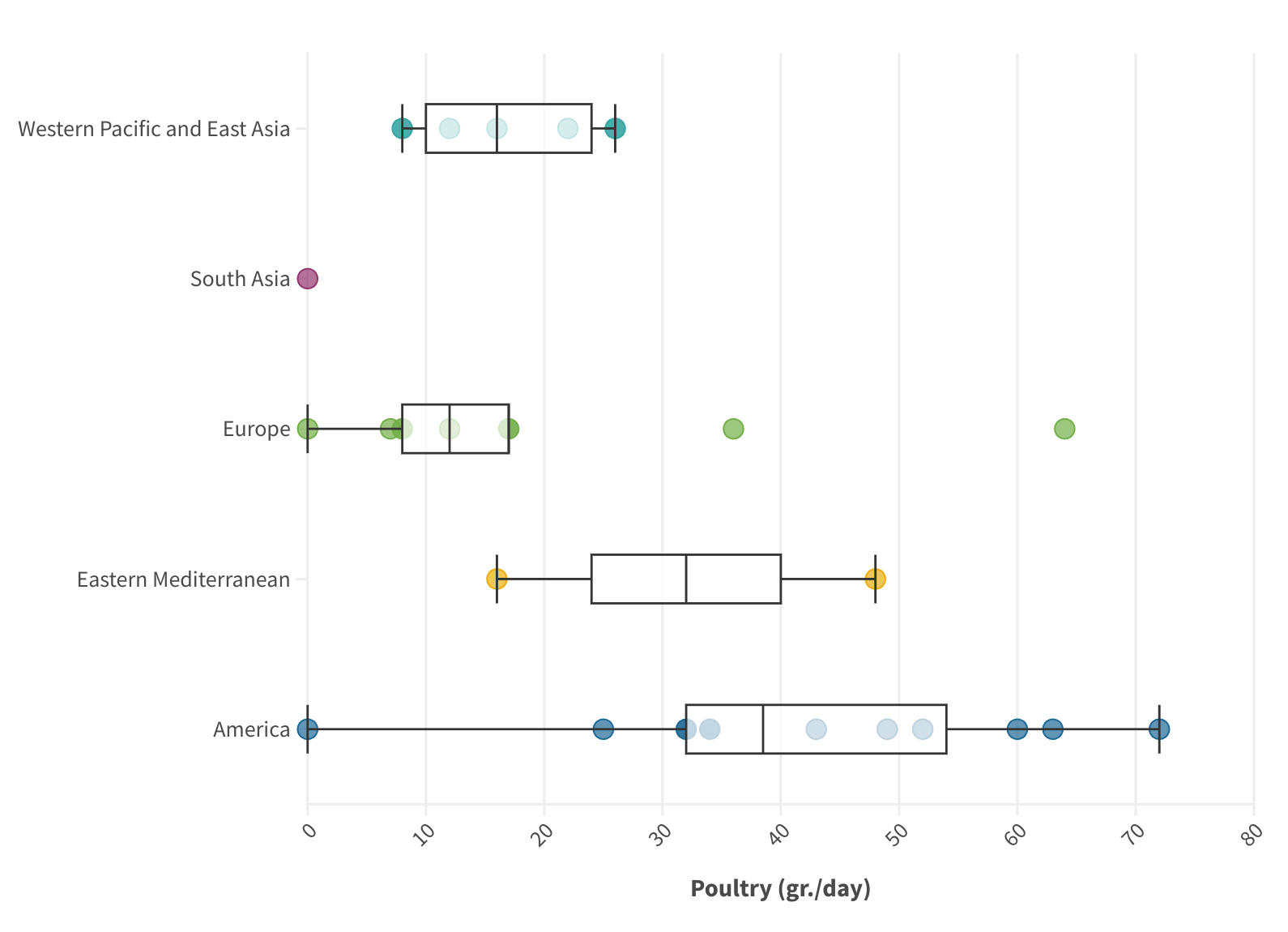The health crisis of meat consumption: A persistent threat
Vegan Society of Canada News
October 18th 2024
Processed and red meats are potentially the most consumed carcinogenic group 1 and group 2 substances in the world. These meats are advertised to all ages, forced in public institutions, and purchased by the unwitting public worldwide. We don’t need new evidence to convince people that processed meat is dangerous—on par with other carcinogenic group 1 substances including tobacco, asbestos and lead. But that hasn’t stopped various entities from advertising these substances and disregarding the cancer risks of their loyal customers.
Decades from now, future generations will be baffled by people willingly reducing their life expectancy by ingesting so-called foods proven to be a risk to health and longevity. We continue to deal with the fallout from cigarette ads that were on the air decades ago because people are still dying from tobacco-related diseases to this day. We will likely be dealing with the consequences of meat and animal agriculture in general for many more decades, and countless people will risk their health and their lives before meaningful change takes place.
There is now new research regarding the link between meat and type 2 diabetes. Specifically, a new extensive meta-analysis study that included 31 cohorts and 1,966,444 adults over multiple continents.
The average meat consumption in aggregate for different types of meat is represented below.



It’s clear from the graphs that meat consumption can vary greatly—not only depending on the region but also within a region. For example, the results for the Americas include the US with some studies reporting unprocessed red meat consumption as high as 1,676 grams per day versus Mexico with a maximum of 42 grams per day.
The same goes for processed meat. Switzerland shows up as the highest average consumption with 49 grams per day, whereas the UK is the lowest at 3 grams per day, but with a much greater range of 0 to 80 grams per day.
In the end, the study found that greater consumption of each of the three types of meat was associated with increased incidences of type 2 diabetes, with a Hazard Ratio (HR) of 1.10 per 100 g/day of unprocessed red meat, 1.15 per 50 g/day of processed meat and 1.08 per 100 g/day of poultry. In simple terms, this means that for every 50 grams of processed meat consumed, we increase our risk of type 2 diabetes by 15%. Therefore, about 333 grams of processed meat per day would double the risk of type 2 diabetes; this is, of course, not including all the other health risks.
As we’ve written about numerous times in the past, there are many more consequences of meat consumption beyond the obvious health issues.
A change of lifestyle offers individuals a powerful means to combat a range of issues, including personal health problems, climate change, loss of biodiversity, global acidification, eutrophication, freshwater shortages, pandemic prevention, antibiotic resistance, save countless lives and much more. We know of no other efficient way for individuals to address these critical challenges simultaneously without waiting for government, corporate, or technological interventions. By changing lifestyle, people can take immediate and impactful action. We encourage you to embrace this lifestyle change today. Contact us for support and to connect with local communities in your area.




